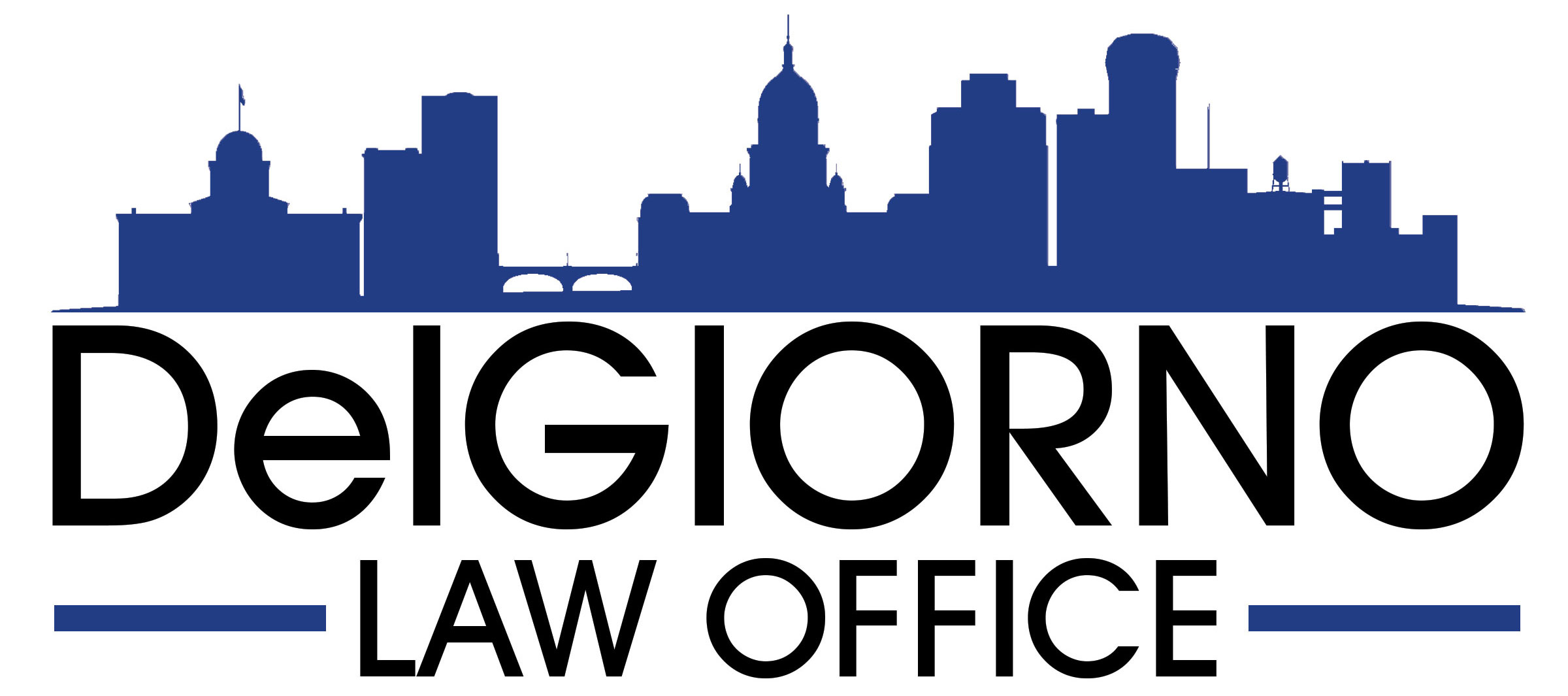Trying to avoid Uncle Sam or just being able to hide your assets away is as American as apple pie. However, what you do, how you do it, and when you do it can have harsh consequences, especially for senior citizens.
Routinely, I am asked, “Can’t I just give my money to my daughter?” or “Can’t I just put my house in my son’s name?” The answer is – not if you will need government assistance like Medicaid to help pay for health care or nursing home costs.
In the unfortunate event that a person needs to go to a nursing home and has run out of money to pay for the bill, the only option will be to apply for Medicaid to pay for the cost. This cost can be nearly $5,000.00 per month, a staggering sum that can wipe out a family’s savings quickly.
When you apply for Medicaid, the State of Illinois Department of Human Services determines whether you meet the asset and income requirements to be eligible. Generally, a person in the nursing home can only have $2,000 in assets ($3,000 if married). The monthly income of the person living in the nursing home, including Social Security, all goes to the nursing home to pay for the bill. If you are married, some rules are slightly different that allow a spouse, who still lives at home, to keep more assets and income. However, the State has the right to examine records of your assets for the last three (3) years. In 2006, the Federal government changed this requirement to five (5) years, but Illinois has yet to adopt this law change.
If you have placed your house in the name of a child or have given a large amount of money to a child during this 3-5 year period, your eligibility for Medicaid could be in jeopardy. Such transfers of property, with certain limited exceptions, can result in a denial of your Medicaid application. The reason for this is that the government has adopted the policy that if you have the resources to pay for your care, you should use those first before society has to pay for you.
Therefore, before hastily deciding to change title on your house or your bank accounts, you should speak with an attorney familiar with the Medicaid rules to determine what is best. Of course, the best thing to do is plan well in advance with such an attorney to avoid the pitfalls while still in good health.

Recent Comments